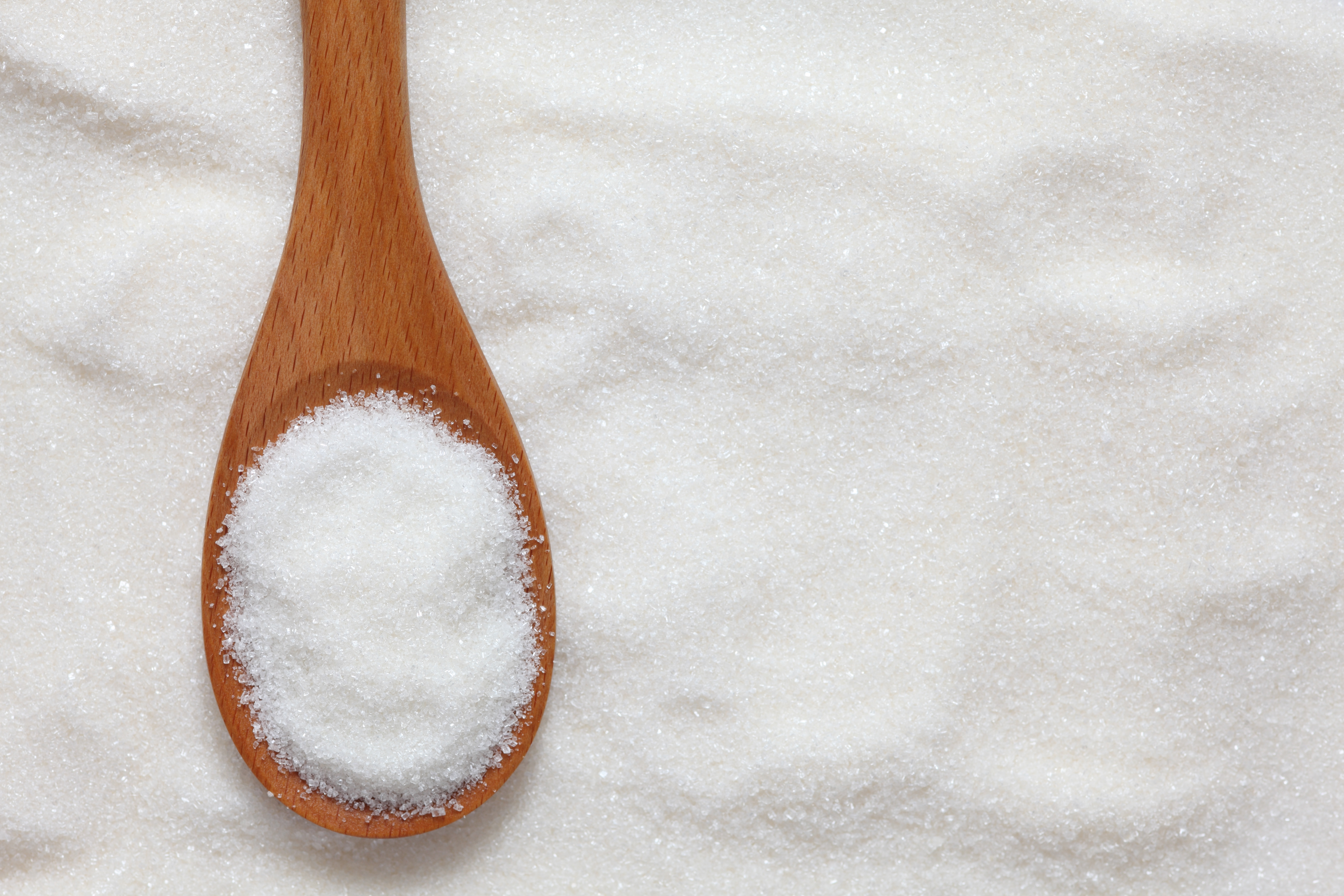Sugar is a part of our daily diet, and we consume it in many forms, from sweet treats to healthy fruits. But have you ever wondered if too much sugar can lead to constipation? While we all know that sugar is not great for our health, its impact on our digestive system may come as a surprise.
Constipation is a common digestive issue that affects millions of people worldwide. It can be caused by various factors, including a lack of fiber in the diet, dehydration, and stress. However, recent studies have suggested that excessive sugar consumption could also be a culprit. So, let’s dive into the topic and explore the link between sugar and constipation.

Can Too Much Sugar Make You Constipated?
What is Constipation?
Constipation is a common digestive problem that affects millions of people worldwide. It is characterized by infrequent bowel movements, hard stools, and difficulty passing stools. Constipation can be caused by a variety of factors, including diet, lack of exercise, and certain medications. However, one factor that is often overlooked is sugar consumption.
How Does Sugar Affect Digestion?
Sugar is a type of carbohydrate that is broken down into glucose in the body. When we consume too much sugar, it can cause a spike in blood sugar levels. This can lead to a variety of digestive problems, including constipation. Sugar can also disrupt the balance of bacteria in the gut, which can further contribute to digestive issues.
The Link Between Sugar and Constipation
Consuming too much sugar can disrupt the balance of bacteria in the gut, which can lead to constipation. This is because the bacteria in the gut play a crucial role in digestion, including breaking down food and regulating bowel movements. When the balance of bacteria is disrupted, it can lead to a variety of digestive problems, including constipation.
In addition to disrupting the balance of bacteria in the gut, sugar can also dehydrate the body. This can make stools harder and more difficult to pass, leading to constipation.
How to Prevent Constipation Caused by Sugar
The best way to prevent constipation caused by sugar is to reduce your sugar intake. This can be done by cutting back on sugary drinks and snacks, such as soda, candy, and baked goods. Instead, opt for healthier alternatives such as fruits, vegetables, and whole grains.
In addition to reducing your sugar intake, it is also important to stay hydrated. Drinking plenty of water can help keep stools soft and prevent constipation.
Other Tips to Prevent Constipation
In addition to reducing your sugar intake and staying hydrated, there are other steps you can take to prevent constipation. These include:
– Eating a diet high in fiber
– Exercising regularly
– Avoiding processed foods
– Using the bathroom when you feel the urge to go
– Taking probiotics or other supplements to support gut health
The Bottom Line
While sugar consumption is not the only factor that can cause constipation, it is an important one to consider. Consuming too much sugar can disrupt the balance of bacteria in the gut and dehydrate the body, leading to constipation. By reducing your sugar intake, staying hydrated, and following other tips to support gut health, you can prevent constipation and promote overall digestive health.
Contents
Frequently Asked Questions
What is Constipation?
Constipation is a common digestive problem that happens when bowel movements become difficult, infrequent, or painful. This can be caused by a lack of fiber in the diet, not drinking enough water, and a sedentary lifestyle, among other factors.
How does Sugar Affect Digestion?
Sugar can affect digestion in a number of ways. Eating too much sugar can lead to an increase in blood sugar levels, which can cause inflammation and damage to the intestinal lining. This can lead to symptoms such as bloating, gas, and cramping.
What are the Symptoms of Constipation?
The symptoms of constipation can vary from person to person, but can include infrequent bowel movements, hard or lumpy stools, straining during bowel movements, and a feeling of incomplete evacuation. Other symptoms can include abdominal pain, bloating, and nausea.
What are the Causes of Constipation?
There are many factors that can contribute to constipation, including a lack of fiber in the diet, not drinking enough water, a sedentary lifestyle, certain medications, and certain medical conditions such as hypothyroidism. Stress and anxiety can also play a role in constipation.
How can Constipation be Prevented?
Constipation can be prevented by making simple lifestyle changes, such as increasing fiber intake, drinking plenty of water, and exercising regularly. It is also important to avoid certain foods that can contribute to constipation, such as processed foods and those high in sugar. In some cases, medication or medical treatment may be necessary to treat constipation.
5 Foods That Can Cause Constipation
In conclusion, it is clear that excessive sugar intake can contribute to constipation. It is essential to maintain a balanced diet to ensure that your body is receiving the necessary nutrients and fiber to keep your digestive system healthy. Limiting your sugar intake and increasing your water and fiber intake can go a long way in preventing constipation.
Furthermore, if you are experiencing constipation, it is important to speak with a medical professional to determine the underlying cause and the best course of treatment. While consuming too much sugar is one factor that can cause constipation, there are several other causes that may need to be addressed.
Overall, it is crucial to pay attention to your diet and make necessary adjustments to ensure that your body is functioning correctly. By making small changes in your lifestyle, you can prevent constipation and maintain a healthy digestive system.